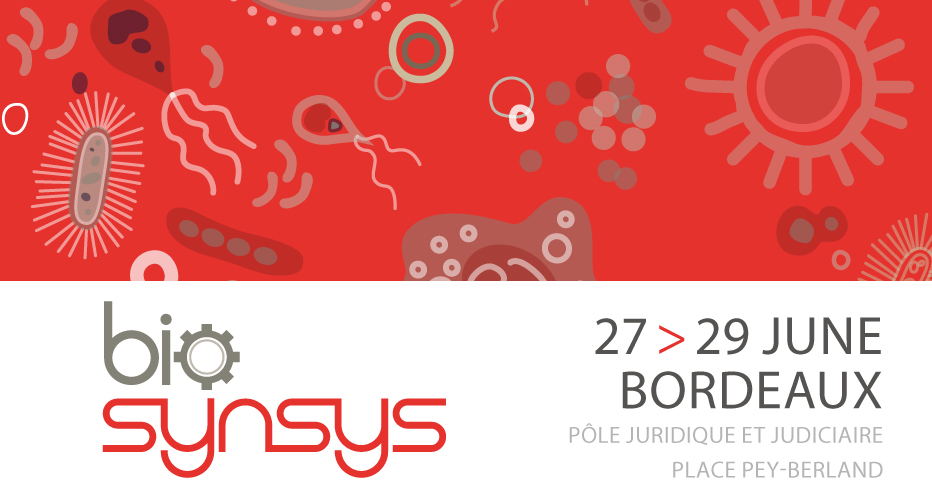One of the aims of synthetic biology is the design of microorganisms with novel capabilities that could be applied for the development of new vaccines, diagnostic sensors, and therapeutic interventions for major diseases such as cancer. This presentation will report the development of two important tools that enable to precisely program E. coli bacteria to: 1) adhere to specific target cells; and 2) assemble filamentous injectisomes from type III secretion systems (T3SS) that act as "molecular syringes" for translocation of specific proteins into mammalian cells. Firstly, we have generated synthetic adhesins against different antigen targets expressed on the surface of mammaliam cells and have demonstrated the specific adhesion of the engineered E. coli bacteria to target tumor cells using in vitro and in vivo models. Secondly, we engineered the expression of functional injectisomes in a non-pathogenic commensal E. coli strain by reformatting the operons encoding the structural proteins and chaperones needed for the assembly of filamentous injectisomes from enteropathogenic E. coli (EPEC). Our synthetic operons lack secreted effectors and regulatory elements found in EPEC and were integrated into different sites of the chromosome of E. coli K-12 under the control of an inducible promoter (Ptac) using a marker-less strategy. We demonstrated that the resulting strain, named Synthetic Injector E. coli (SIEC), assembles functional injectisomes upon induction able to translocate proteins into human cells. Collectively, these results open the possibility to target specific mammalian cells with engineered E. coli bacteria and inject heterologous proteins of interest, such as antibody fragments, immunogens, enzymes, transcription factors, or toxins.
References
- Piñero-Lambea, C., Bodelón, G., Fernández-Periáñez, R., Cuesta, A.M., Álvarez-Vallina, L., and Fernández, L.Á. (2015). Programming Controlled Adhesion of E. coli to Target Surfaces, Cells, and Tumors with Synthetic Adhesins. ACS synthetic biology 4, 463-473.
- Ruano-Gallego, D., Álvarez, B., and Fernández, L.Á. (2015). Engineering the Controlled Assembly of Filamentous Injectisomes in E. coli K-12 for Protein Translocation into Mammalian Cells. ACS synthetic biology 4, 1030-1041.

 PDF version
PDF version
